#George H. Williams
Text
Lawyering and More in Frontier Oregon
Lawyering and More in Frontier Oregon
Mac McDougall, one of the major characters in my series, is an attorney who is also an investor in many early Oregon enterprises. Although his background is convenient for the plots of my novels, many real historical figures in Oregon’s history were like the fictional Mac. As I research, I am often surprised by the variety of enterprises that some historical personages engaged in on the…
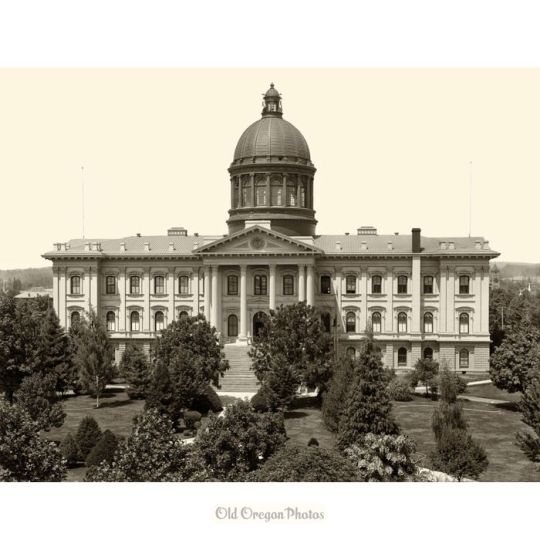
View On WordPress
#attorneys#Benjamin Hayden#George H. Williams#Harvey Whitefield Scott#lawyers#Oregon history#Peter Burnett#Sylvester Pennoyer#William Green T&039;Vault
0 notes
Photo


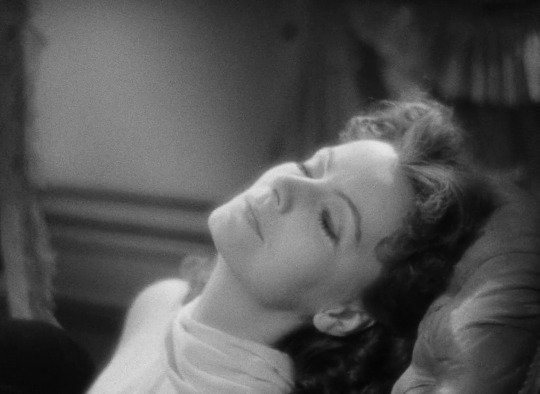
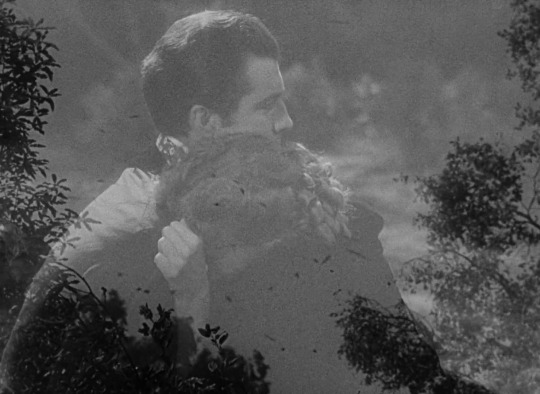




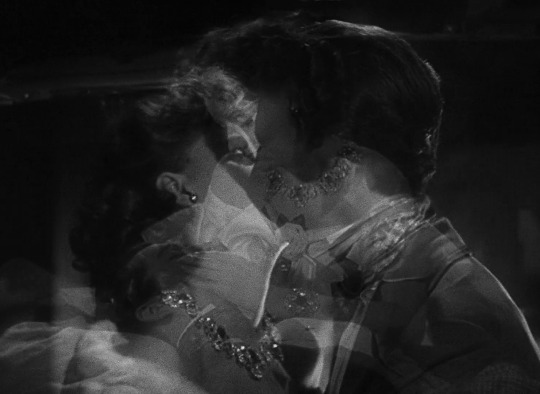

Camille (George Cukor, 1936).
#camille#camille (1936)#george cukor#greta garbo#robert taylor#margaret booth#margarita gautier#william h. daniels#karl freund#cedric gibbons#henry grace#jack d. moore#adrian#norbert a. myles#harry thomas#metro-goldwyn-mayer
203 notes
·
View notes
Text

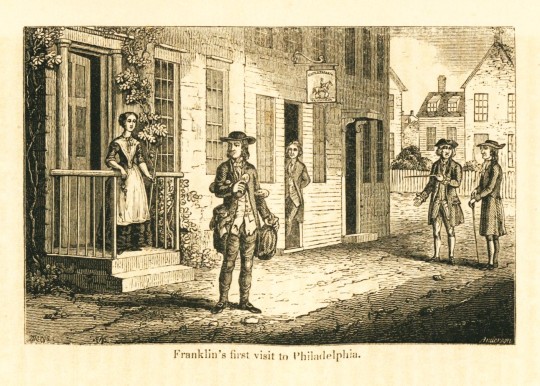



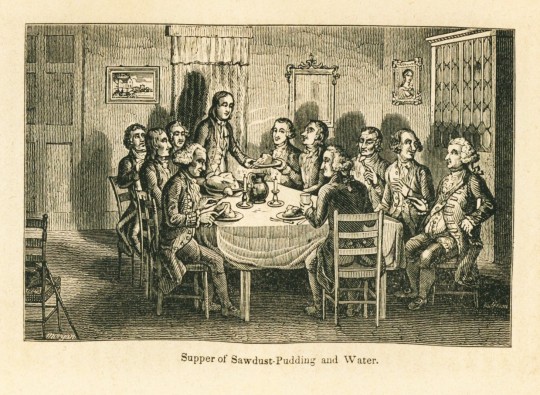
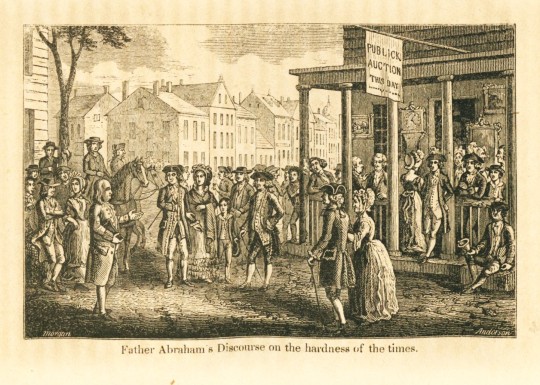

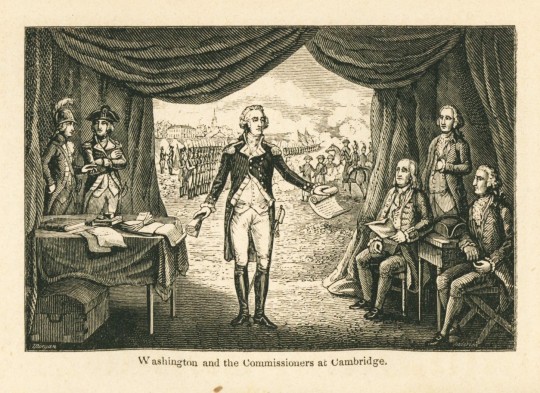
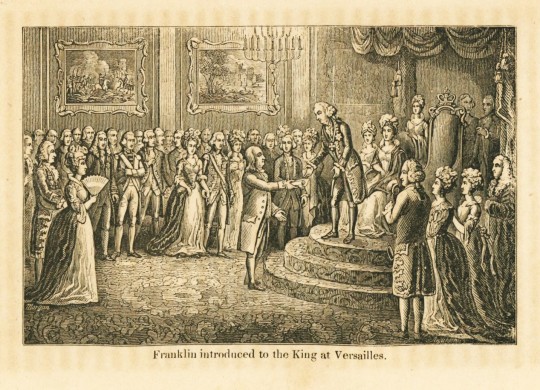
Wood Engraving Wednesday
ALEXANDER ANDERSON
Thomas Bewick (1753-1828) is well-known for popularizing the wood engraving for book illustration in Great Britain and Alexander Anderson (1775-1870) is his American counterpart as one of the earliest of American wood engravers. He trained and worked as a physician and was self-taught as an engraver. By 1820 he committed himself entirely to illustrating books with wood engravings.
Shown here are wood engravings from the 1848 biography The Life of Benjamin Franklin by O. L. Holley, published in New York by educational book publisher George F. Cooledge & Brother. The engraved title page was engraved by Anderson from an illustration by American artist Tompkins Harrison Matteson (1813-1884). The remainder of the illustrations in the book were engraved by Anderson from illustrations by Anderson's student and frequent collaborator William Penn Morgan (active 1811-1872).
View another post with illustrations by Alexander Anderson.
View more posts with wood engravings!
#Wood Engraving Wednesday#wood engravings#wood engravers#Alexander Anderson#The Life of Benjamin Franklin#George F. Cooledge & Brother#O. L. Holley#Tompkins Harrison Matteson#T. H. Matteson#William Penn Morgan#biographies#children's books
25 notes
·
View notes
Text
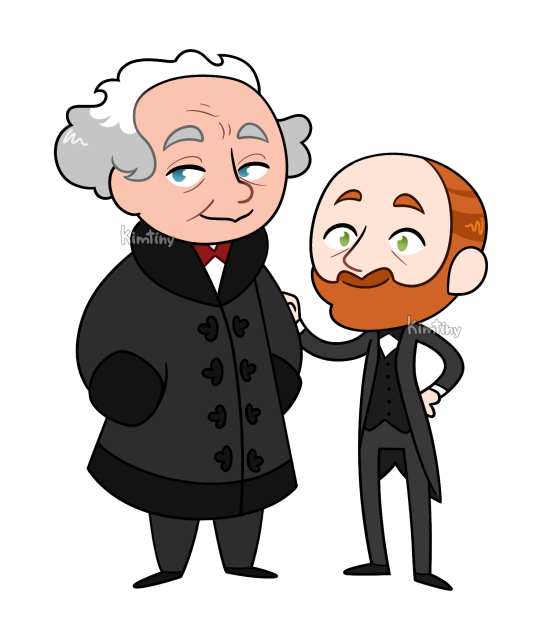


People that lived I know about
#history#historical fan art#lol#pt barnum#james bailey#george washington#marquis de la fayette#abraham lincoln#william h seward
42 notes
·
View notes
Text
Vermont Governor DILFs




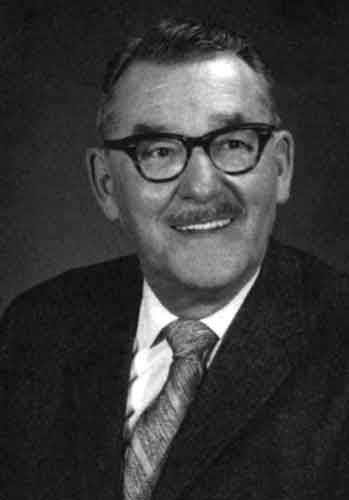
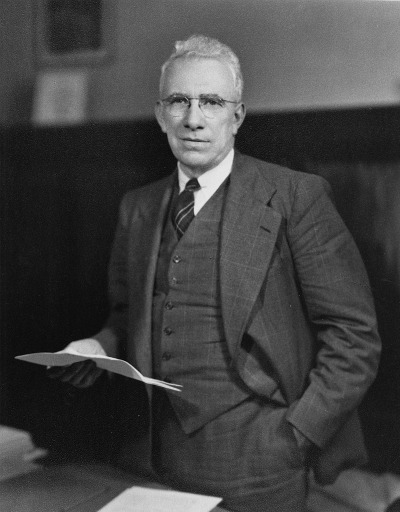
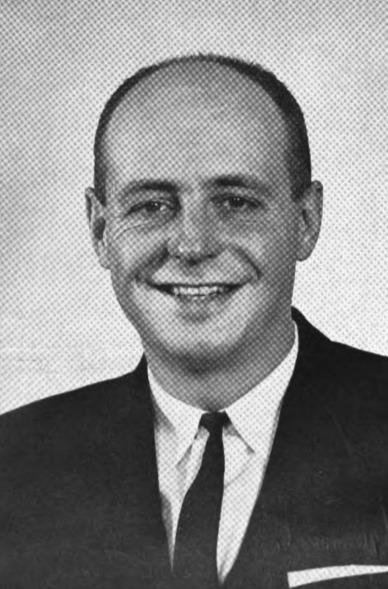

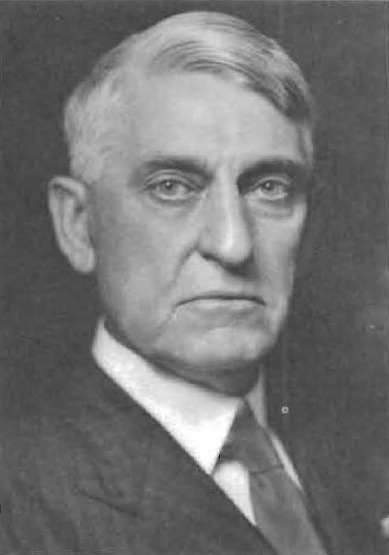

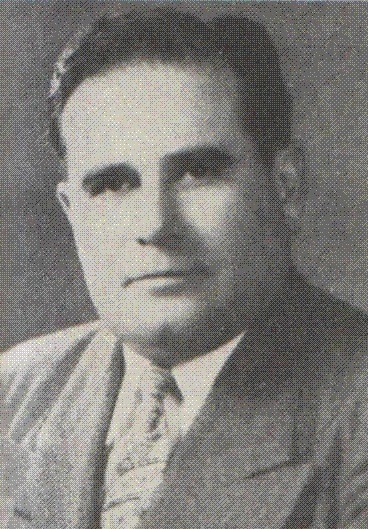

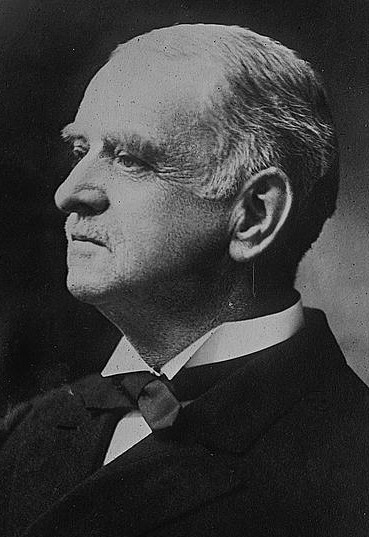
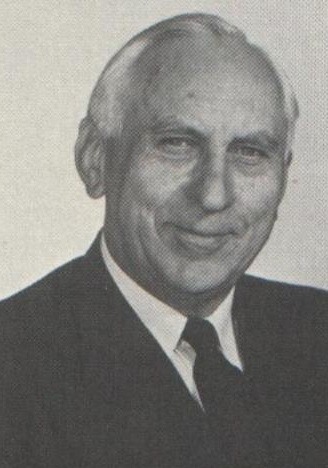
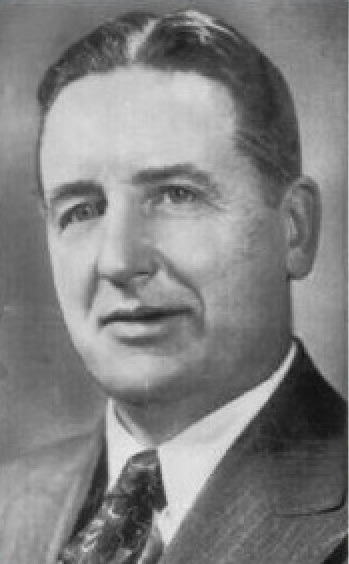

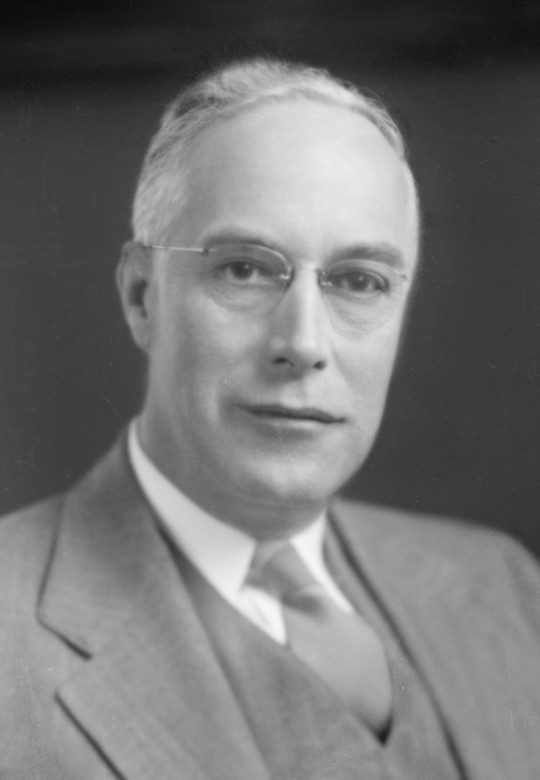


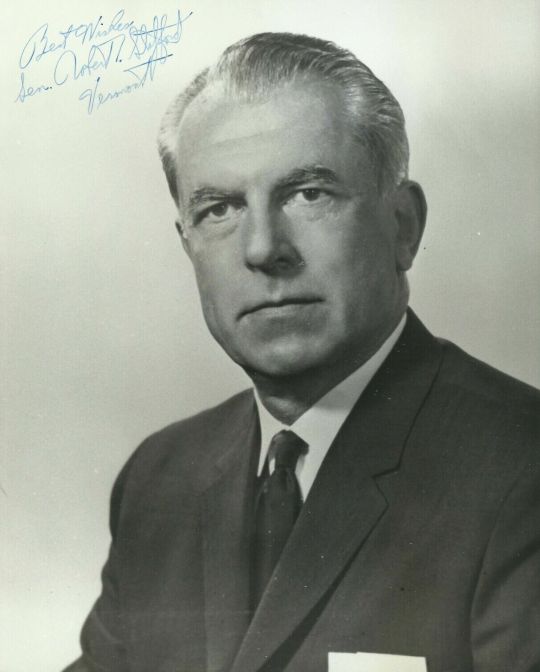
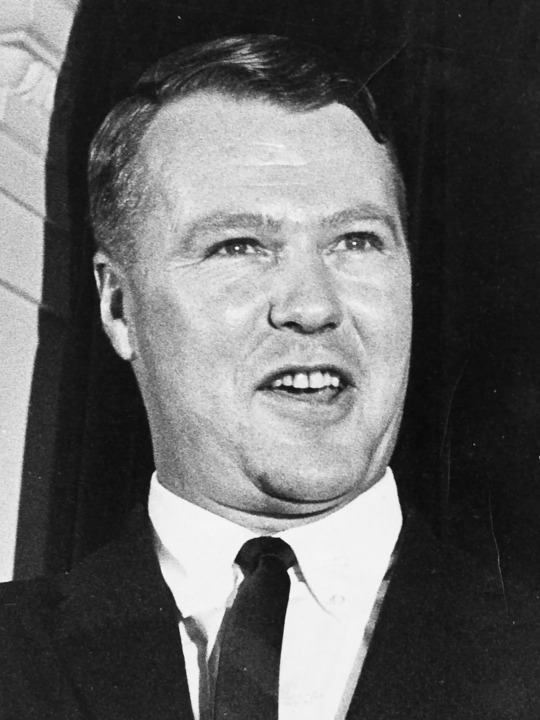

Peter Shumlin, Jim Douglas, Phil Scott, Howard Dean, Deane C. Davis, George Aiken, F. Ray Keyser Jr., Franklin S. Billings, Charles Manley Smith, Richard A. Snelling, Harold J. Arthur, Horace F. Graham, John A. Mead, Joseph B. Johnson, Lee E. Emerson, Thomas P. Salmon, William Henry Wills, Mortimer R. Proctor, Ernest W. Gibson Jr., Robert Stafford, Philip H. Hoff, Allen M. Fletcher
#Peter Shumlin#Jim Douglas#Phil Scott#Howard Dean#Deane C. Davis#George Aiken#F. Ray Keyser Jr.#Franklin S. Billings#Charles Manley Smith#Richard A. Snelling#Harold J. Arthur#Horace F. Graham#John A. Mead#Joseph B. Johnson#Lee E. Emerson#Thomas P. Salmon#William Henry Wills#Mortimer R. Proctor#Ernest W. Gibson Jr.#Robert Stafford#Philip H. Hoff#Allen M. Fletcher#GovernorDILFs
23 notes
·
View notes
Note
Heyy, have you ever wrote about Lafayette and Napoleon's feelings/contact with each other?
'cause even knowing some stuff about them, i think that there might be more for it than I know
Thankss <3
Dear Anon,
the relationship between La Fayette and Napoléon was a very complex and layered one, but I will try to give you detailed summary.
The first link between La Fayette and Napoléon was in January of 1791 when a young Napoléon mentioned La Fayette in a letter to his friend Matteo Buttafoco. The letter and commentary on it can be found in this post here.
The next serious connection between these two man came when Napoléon defeated the Austrians and the Treaty of Campo Formio was signed, thus freeing La Fayette and his fellow prisoners from Olmütz. La Fayette, duly thankful to Napoléon, wrote the General a note of thanks. Again, the letter itself and commentary can be found in this post here.
La Fayette spend the next years in exile and he and Napoléon had next to no real connection at the time. This all changed when La Fayette, due to the brilliant work of Adrienne, returned to France during Napoléon’s Coup d’État in 1799.
His name and the names of many of his family members were still on the list of émigrés so legally they could not return to France. When La Fayette did so anyway, Napoléon was not amused. He was eventually consoled by Adrienne and Napoléon eventually restored La Fayette’s citizenship in March of 1800.
La Fayette was banned from attending the memorial service for the American General George Washington who died on December 14, 1799. George Washington had been a close friend, confident and father figure for La Fayette. Despite all this, La Fayette’s and Napoléon’s relationship still was rather friendly. They actually had a certain respect for each other as Generals but especially Napoléon was from the start quite wary around the Marquis. La Fayette had been vastly popular in France and still was. His popularity had greatly suffered during the second half of the French Revolution but his time in prison and the actions of his wife had partly helped to restore it. La Fayette had no political ambitions when he returned to France and his popularity was still tarnished but he nevertheless could have posed a threat to Napoléon if he really, really would have wanted that. The two of them met a few times at social functions and also exchanged letters but their relationship deteriorated more and more with time. They were similar in one aspect though, they both longed for glory – but their approach was different.
Napoléon hoped to gain La Fayette’s support for his government but La Fayette refused to serve in the Senate and to become the French ambassador to his beloved America, although both positions were suggested to him through different sources. La Fayette was also offered to be made a member of the Legion of Honour. He again refused. He had no interest of being overly entangled with Napoléon. Although not being outspoken in public La Fayette would not keep his opinions for himself if somebody asked him about his opinions. Actually, there was no need asking him about his opinions, La Fayette was one of the most well-known men in France, everybody even remotely interested in politics knew his stance. There is a passage from a conversation Napoléon and La Fayette had in the summer of 1802:
‘I [Napoléon] must tell you, General Lafayette, and I see with regret that, by your manner of expressing yourself on the acts of the government you give to its enemies the weight of your name.’ Lafayette replied, ‘What better can I do? I live in retirement in the country, I avoid occasions for speaking; but whenever anyone comes to ask me whether your regime conforms to my ideas of liberty, I shall answer that it does not; for, General, I certainly wish to be prudent, but I shall not be false.’
Bayard Tuckermann, Life of General Lafayette; with a critical estimate of his character and public acts, Vol. 2, Low, London, 1889, p. 158.
La Fayette did not trust Napoléon and did not wish to be part of his government. La Fayette voted against the consulship for life and this decision was at least from Napoléon’s point of view the final nail in the coffin of their relationship. La Fayette explained to Napoléon himself in a letter from May 20, 1802:
General – When a man who is deeply impressed with a sense of the gratitude he owes you, and who is too ardent a lover of glory to be wholly indifferent to yours, connects his suffrage with conditional restrictions, those restrictions not only secure him from suspicion, but prove amply that no one will more gladly than himself behold in you the chief magistrate for life, of a free and independent republic.
Life of Lafayette: Including an Account of the Memorable Revolution of the Memorable Revolution of the Three Days of 1830, Light & Horton, Boston, 1835, pp. 1.
But La Fayette was still somewhat out of Napoléon’s reach. But his son, who joined the military in 1800, and his son-in-law, Louis de Lasteyrie, were not. Although both of them and especially Georges, distinguished themselves in battles, they were not promoted. Whenever a promotion for one of them was up for debate, it never came to pass. La Fayette’s son and son-in-law therefor left the army in September of 1807 – there was just no point in serving any longer.
During the 100 Days, Napoléon’s brief return to power after his exile on St. Helena and prior to his exile on Elba, La Fayette became outspoken once again. He had been elected to the Chamber of Representatives (not to be confused with the Chamber of Deputies; both were the lower chambers of the French Parliament but the Chamber of Deputies was active during the Bourbon Restoration, the Chamber of Representatives was only active during The Hundred Days) in 1814. He had previously argued that too little people in France were eligible to vote the members of the Chamber of Deputies that such a political body could never represent France. Anyway, La Fayette was pretty silent as a Representative until June 21, 1815, after Napoléon’s defeat at Waterloo. The Chamber meet early that day to discuss the general state of affairs. La Fayette rose and proposed the following:
Representatives! For the first time during many years you hear a voice, which the old friends of liberty will yet recognize. I rise to address you concerning the dangers to which the country is exposed. The sinister reports which have been circulated during the last two days, are unhappily confirmed. This is the moment to rally round the national colours—the Tricoloured Standard of 1788—the standard of liberty, equality, and public order. It is you alone who can now protect the country from foreign attacks, and internal dissensions. It is you alone who can secure the independence and the honour of France.
Permit a veteran in the sacred cause of liberty, in all times a stranger to the spirit of faction, to submit to you some resolutions which appear to him to be demanded by a sense of the public danger, and by the love of our country. They are such as, I feel persuaded, you will see the necessity of adopting:
I. The Chamber of Deputies declares that the independence of the nation is menaced.
II. The Chamber declares its sittings permanent. Any attempt to dissolve it, shall be considered high treason. Whosoever shall render himself culpable of such an attempt shall be considered a traitor to his country, and immediately treated as such.
III. The Army of the Line, and the National Guards, who have fought, and still fight, for the liberty, the independence, and the territory of France, have merited well of the country.
IV. The Minister of the Interior is invited to assemble the principal officers of the Parisian national Guard, in order to consult on the means of providing it with arms, and of completing this corps of citizens, whose tried patriotism and zeal offer a sure guarantee for the liberty, prosperity, and tranquillity of the capital, and for the inviolability of the national representatives.
V. The Ministers of War, of Foreign Affairs, of Police, and of the Interior are invited to repair immediately to the sittings of the Chamber.
Bayard Tuckermann, Life of General Lafayette; with a critical estimate of his character and public acts, Vol. 2, Low, London, 1889, pp. 190-193.
The resolution was soon adopted with the exception of the fourth paragraph. Please note that the exact wording of La Fayette’s little speech differs a little bit from translation to translation, but the gist is always the same. La Fayette more or less openly called for the abdication of the Emperor Napoléon. When Napoléon’s brother urged the Chamber to reconsider La Fayette answered him that (again, different sources translate slightly different):
Who shall dare to accuse the French nation of inconstancy to the Emperor Napoleon? That nation has followed his bloody footsteps through the sands of Egypt and through the wastes of Russia; over fifty fields of battle; in disaster as faithfully as victory; and it is for having thus devotedly followed him that we now mourn the blood of three millions of Frenchmen.
Life of Lafayette: Including an Account of the Memorable Revolution of the Memorable Revolution of the Three Days of 1830, Light & Horton, Boston, 1835, p. 114.
Yes, la Fayette could give quite a speech - if he wanted to. Other the next days, Napoléon was urged to abdicate (June 22, 1815) with the threat that the Chamber would otherwise abdicate for him. The Chamber selected a committee of fife men to meet with delegates of the allied forces for the allies had promised peace negotiations, provided Napoléon was not longer in power. One of these fife men was La Fayette. There are not too many letters from La Fayette about these events that I can show you, but here is an excerpt from a letter to Thomas Jefferson from October 10, 1815:
In your Letters of Last year, anterior to the first Abdication of Bonaparte, you Had Expressed a due Sense of that Character who Having it in His Power to Be a Blessing did prefer to Become a Curse to Mankind. His despotism and His follies Had made the Restoration of the Bourbons, notwithstanding foreign invasion, a popular Event—They Returned the Compliment. Their prejudiced mismanagement, the more Glaring improprieties of Privilege-men Gave Napoleon the Opportunity to Reappear as a Representative of the Revolution. Whatever may Have Been a few Subaltern Intrigues, the Great, the Efficacious Conspiracy in His Behalf may Be attributed to the Counter Revl[uti]onary party.
in those transactions I took No part altho’ I would Have Readily assisted in Opposing Napoleon Had Not the patriotic System me[t] the Same objections which Had Ruined the Constitutional throne of 92.
We then Have Seen the Imperial destroyer of french Liberty Reassuming a Republican Language, Bowing to [na]tional Sovereignty, allowing a free press, and altho’ Vindictive or Arbitrary acts too often Betray’d old Habits, persuading many patriots to Rejoice at His Conversion—Not So did I—But While I Shunned personal Communication with Him, I declared that, if a free Representation was Convened, I would Stand a Candidate—we were, my Son and myself elected.
at the Same time a million of foreign invaders were, in Concert with Lewis the 18t and the elder Branch of His family, Led Against Bonaparte, was it Said, against what and whom the Event Has proved—the defense of national independance and territory Became, of Course, our principal object. it was my opinion that Unanimity and vigor Could Better Be Roused By a popular than By the Imperial Government—The Majority of the Assembly and Army depended more on the General Ship of Napoleon altho’ His whole troops did little Exceed two Hundred thousand. So we all joined on that Line of Resistance. No impediment was thrown, Every Assistance was Given. Never did our Heroïc Army fight Better than at waterloo. a Stubborn Mistake of Bonaparte Lost the day. He deserted His Soldiers, and Determined to dissolve our Assembly, usurp dictatorial powers, prefering the chances of Confusion and involving destruction to those of firmness and patriotism. That part of the impending Evils was timely prevented. it might Have Been the Case with the other part, altho’ Coming upon us in a Storm, Had Not the old diplomacy in poland, Napoleon’s policy in Spain, the Spirit of pilnitz in 91, and of the Last Congress at vienna Been far Surpassed By the present Coalition.
inclosed you will find a few pieces Relative to our Late House of Representatives. their declaration of the 5t July 1815 Congenial with the principles of 1789 are an additional proof that if the french people Have deplorably Erred in the means they Have Steadily persevered in the primary object of the Revolution.
“Lafayette to Thomas Jefferson, 10 October 1815,” Founders Online, National Archives, [Original source: The Papers of Thomas Jefferson, Retirement Series, vol. 9, September 1815 to April 1816, ed. J. Jefferson Looney. Princeton: Princeton University Press, 2012, pp. 67–69.] (05/22/2023)
After Napoléon’s abdication, the relationship between him and La Fayette effectively ended safe for one important letter that I would like to show you. La Fayette had himself been a prisoner of war for several years and he had suffered under the conditions imposed upon him. When there was talk that the British mistreated Napoléon on Saint Helena, La Fayette wrote a letter to the American Secretary of the Treasury William H. Crawford in 1819 – and as before, the letter can be found in this post here.
I hope this answer is helpful to you and I hope you have/had a wonderful day!
#ask me anything#anon#marquis de lafayette#la fayette#napoleon bonaparte#napoléon#french revolution#french history#american history#history#letter#1815#1819#thomas jefferson#william h. crawford#founders online#george washington#1799#1800#1802#la fayette in prison#adrienne de lafayette#adrienne de noailles#georges de la fayette
73 notes
·
View notes
Text
One day at the Calculus class...




(aka. Ohioan hick remembers that there's a sovereign country named Georgia LMAO 💀🔥)
#drawing#original art#manga#comic strip#pen and ink#traditional art#illustration#drawing pen#fan art#in that strange continum where i introduce people from various era lmao#it's crack o'clock folks#modern au of sorts#william tecumseh sherman#william t sherman#wt sherman#george henry thomas#george h thomas#george thomas#pyotr bagration#pyotr ivanovich bagration#petre bagrationi#петр багратион#петр иванович багратион#no petya is not short the calc prof is just too tall 😅😅🤣🙈#it's the cats' pajamas 😺😺#petya is only 2 cms shy from joining the 180 club but in my standards he's not short 🤷🏽
14 notes
·
View notes
Text
THSS Chapter 2 Part 6
-
Eurus: *taking a breath* It burns!
Louis: *patting her back* aside from you ruining my clothes, I share your sentiments about what William said.
Eurus: Why would he do that? I never seen Sherly that... into it I guess? *the train goes dark*
John walking out of the bathroom: Hey Euru-
Eurus: *screaming* blood!
Lestrade walking up to her: John, what's going on?
Lady from the other side of the train: There's a dead body!
John: I didn't do this, honest! Someone bumped into me in the bathroom *getting handcuffed*
Eurus: No one dies that to Dear Old Watson, Sherly and me are gonna solve this case *pointing to the other side* Lestrade, gather all the people to the side
Sherlock: How about we play a game Liam, first one to find the murderer wins!
Eurus: *visibly jealous because William gets to play with him* I'll just play by myself.
#moriarty the patriot#yuukoku no moriarty#yuumori#yuukuko no moriarty#ynm#mtp#small au#au#eurus holmes#william james moriarty#sherlock holmes#sherliam#louis james moriarty#john h watson#george lestrade#two detectives arc
10 notes
·
View notes
Photo

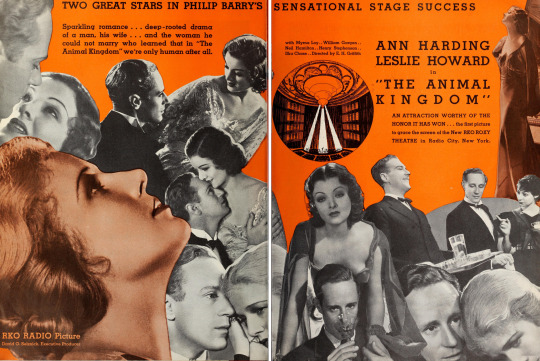
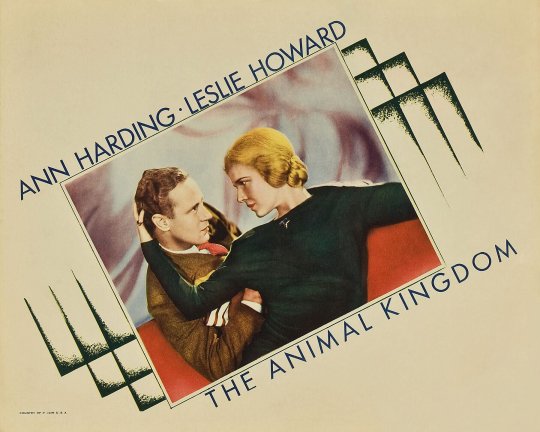

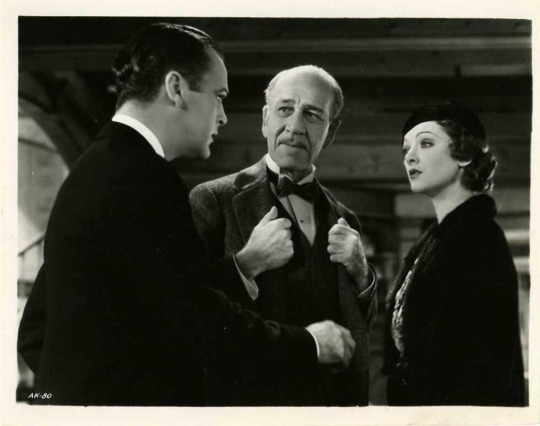
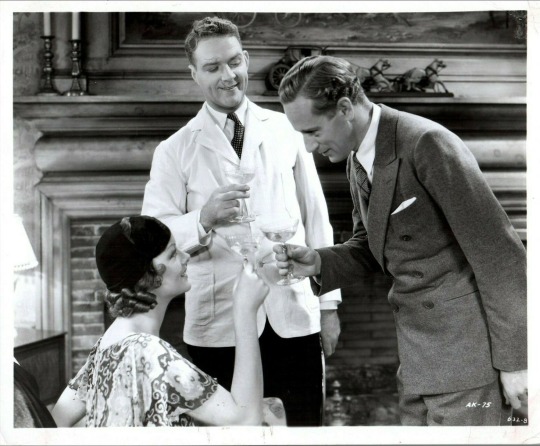

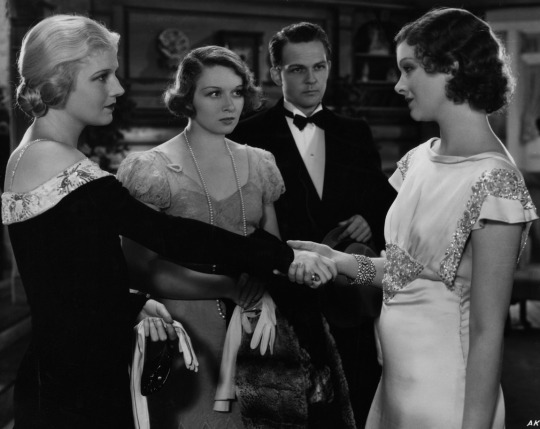
The Animal Kingdom (The Woman in His House) (1932) Edward H. Griffith & George Cukor
January 1st 2023
#the animal kingdom#the woman in his house#1932#edward h. griffith#george cukor#leslie howard#ann harding#myrna loy#william gargan#leni stengel#henry stephenson#ilka chase#neil hamilton#don dillaway#pre-code
37 notes
·
View notes
Text

Happy Birthday William 🥳🎂🎈🎁🎉
March 13,1950
Buon Compleanno 🥳🎂🎈🎁🎉
13 Marzo 1950
#william h macy#actor#world cinema#cinema#movies#film#filmography#drama movies#comedy movies#tv shows#80s movies#90s movies#somewhere in time#without a trace#thelastdragon#theclient#fargo#magnolia#jurassic park 3#Room#Er#shameless#frank gallagher#curious george#rudderless#thelayover#ricky stanicky#director#celebrity#happy birthday
5 notes
·
View notes
Photo

#if i had a million#gary cooper#charles laughton#george raft#w. c. fields#richard bennett#ernst lubitsch#norman taurog#stephen roberts#norman z. mcleod#james cruze#william a. seiter#h. bruce humberstone#lothar mendes#1932
10 notes
·
View notes
Text

Bad movie I have Topper Returns 1941
#Topper Returns#Roland Young#Joan Blondell#Billie Burke#Carole Landis#Dennis O'Keefe#Patsy Kelly#H.B. Warner#Eddie 'Rochester' Anderson#George Zucco#Donald MacBride#Rafaela Ottiano#Trevor Bardette#Eddy Chandler#John Kelly#George Lloyd#William H. O'Brien#Slicker the Seal#Brick Sullivan#Duke York
8 notes
·
View notes
Text
Presidential Man Slut Round 1

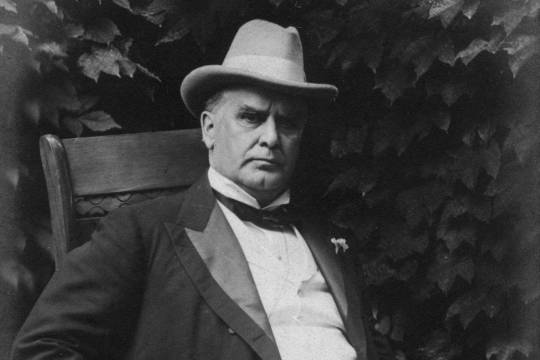
Vote for who you think has the absolute sluttiest vibes! Learn more at the FAQ. This poll ends on Saturday, 25 February 2023.
Remember to reblog to make sure everyone gets a chance to vote. That’s democracy, babey!!!!
#g w h bush#george h. w. bush#george bush#william mckinley#tumblr's sluttiest president#usa#actual polls
13 notes
·
View notes
Text
BRO I JUST FINISHED SEASON 2 MORIARTY THE PATRIOT AND THE ENDING OF IT SHOCKED ME COMPLETELY 😧‼️
I even went out of my way to spoil the show for myself so I won't be scared of that will happen and I still was shocked 💀✋🏾
sherly && and liam just kickin it back in switzerland rn ig 😭⁉️
anyway time to add moriarty the patriot to the waiting list of manga I have to read 😍‼️✌🏾
#moriarty the patriot#william james moriarty#albert james moriarty#louis james moriarty#sebastian moran#fred porlock#james bond#jack renfield#von herder#zachary patterson#miss moneypenny#sherlock holmes#john h watson#mycroft holmes#george lestrade#miss hudson#charles augustus milverton#rohansdisciple
17 notes
·
View notes
Photo

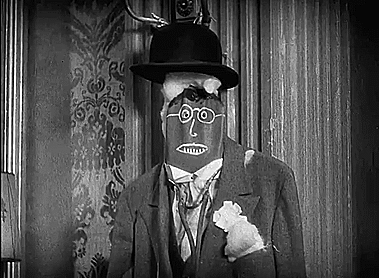


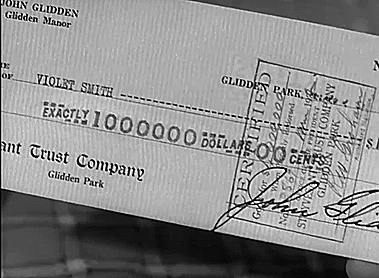
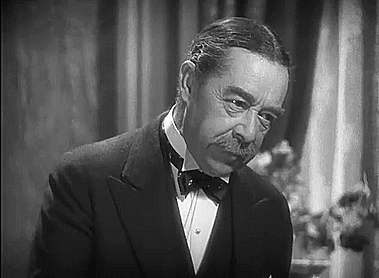
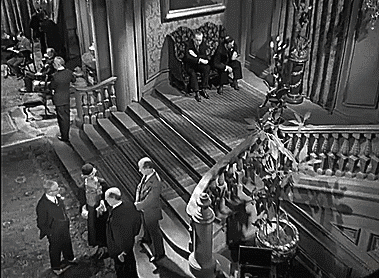
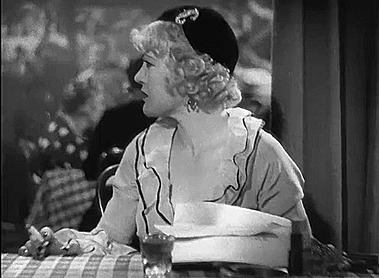


every 1930s movie watched (32 - ∞)
If I Had a Million (1932)
dir. James Cruze, H. Bruce Humberstone, Ernst Lubitsch, Norman Z. McLeod, Lothar Mendes, Stephen Roberts, William A. Seiter, Norman Taurog
I'm dying and I don't know of one man in all the thousands that I employ that's fit to leave in charge of a peanut stand.
#if i had a million#1932#1930s#drama#comedy#h bruce humberstone#ernst lubitsch#z mcleod#william a seiter#gary cooper#charles laughton#george raft#jack oakie#w c fields#roscoe karns#screwball comedy#omnibus#anthology film#oldhollywoodedit#remember2022
12 notes
·
View notes
Text
Illinois Governor DILFs


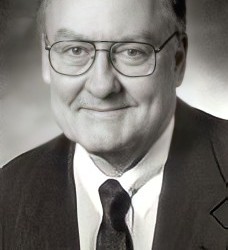
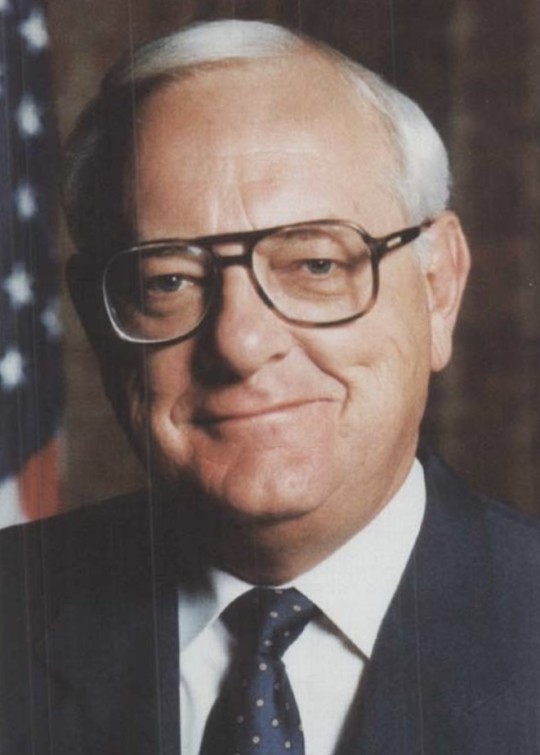

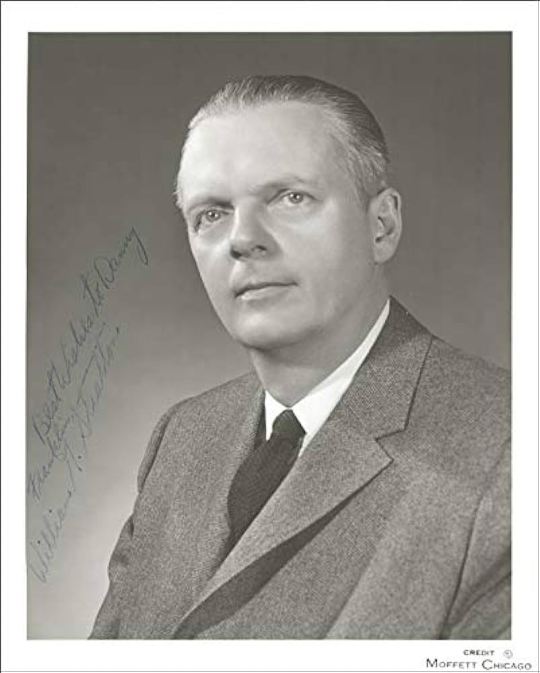
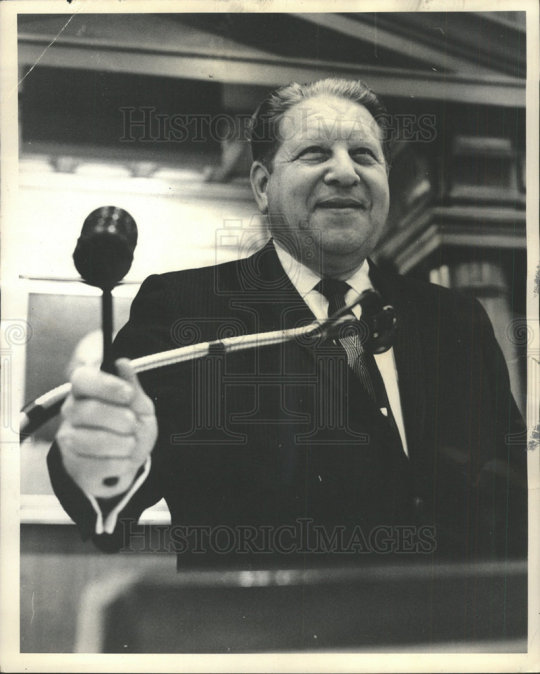




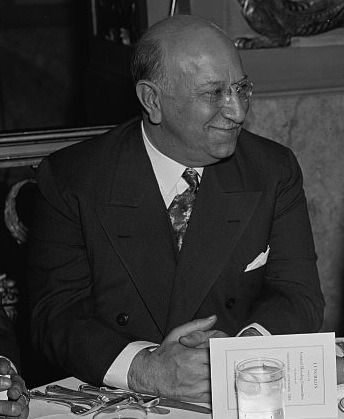
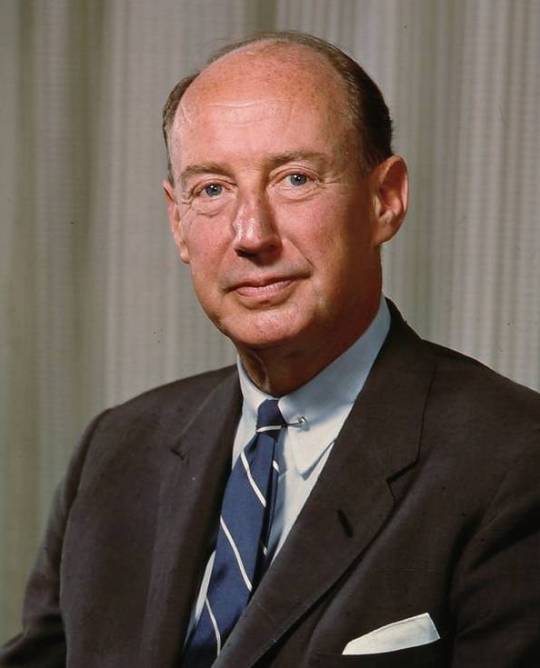


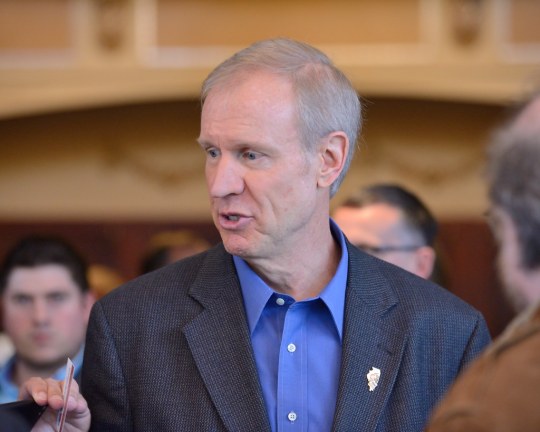

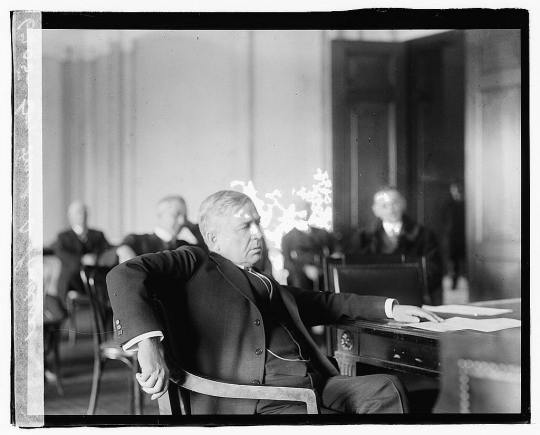
Jim Edgar, Otto Kerner Jr., James R. Thompson, George Ryan, Louis Lincoln Emmerson, William Ryan, Samuel Shapiro, Len Small, Rod Blagojevich, Dwight H. Green, J.B. Pritzker, Henry Horner, Adlai Stevenson II, Richard B. Ogilvie, Pat Quinn, Bruce Rauner, Dan Walker, Frank Orren Lowden
#Jim Edgar#Otto Kerner Jr.#James R. Thompson#George Ryan#Louis Lincoln Emmerson#William Ryan#Samuel Shapiro#Len Small#Rod Blagojevich#Dwight H. Green#J.B. Pritzker#Henry Horner#Adlai Stevenson II#Richard B. Ogilvie#Pat Quinn#Bruce Rauner#Dan Walker#Frank Orren Lowden#GovernorDILFs
18 notes
·
View notes